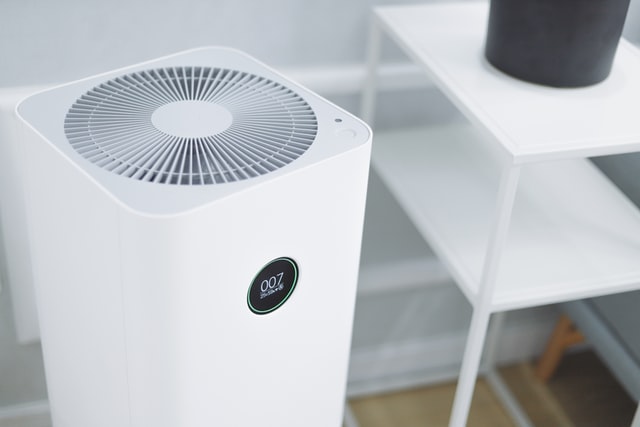The air conditioner compressor is one of the important parts that we should pay special attention to when troubleshooting, regardless of the type of compressors. A special relationship between ac compressor and refrigerant gas, so we must prevent gas leakage, otherwise, it will cause damage to the refrigeration system. Bleeding off an overcharged home ac can bring us a safe, comfortable and healthy environment.
Table of Contents
What is an overcharged home ac?
If your air conditioning system has been running less efficiently this summer than in summer’s past, you may need to bleed off some refrigerant. It’s a simple process that can make a big difference in the comfort and efficiency of your family’s home.An overcharged system is one with too much refrigerant inside.
This can happen when the system’s technician adds too much during installation, or when the unit leaks and is recharged with more refrigerant than it needs. There could also be a problem with the system if you have an older unit and never had it properly serviced or maintained.An air conditioning system that’s overcharged will not cool as efficiently as it should. Your home will feel warmer than normal, and your utility bills will probably be higher because the unit is running longer and harder to keep up with your thermostat settings.
Why should you bleed off an overcharged home ac?
Have you ever heard the term, “bleeding off” a home air conditioner? This is a fairly common problem that first-time homeowners run into. Here’s how it works:An air conditioning system has a certain amount of refrigerant in it and a certain capacity to hold that refrigerant. If it contains too much, then it will, basically, blow out the excess. In other words, you’ll see liquid refrigerant pouring out of your compressor and condenser coils.
Bleeding off your air conditioner is bad for several reasons:
- It wastes refrigerant. Refrigerant is expensive and it has long-term environmental effects, as well. You should try to avoid wasting as much of it as possible. Doing so will help you save money and protect our planet.
- It can damage your AC compressor. Your home AC won’t work without a functioning compressor, so this is a pretty big deal. The compressor itself is also a fairly expensive part to replace, so this can just make your whole situation worse if you don’t take care of the problem quickly enough.
- It can damage your condenser coils. These are responsible for keeping your home cool by taking heat from within the house
Causes of an overcharged home ac
First, you need to determine if your system is overcharged. If the indoor fan is on, there should be an easily detected flow of air coming out of the registers. If there is little or no air coming out of the registers, your air conditioner may be overcharged.A common cause of improperly charged home ac systems is a dirty filter. If your filter gets too dirty, it can restrict airflow causing your evaporator coil to freeze up. In this case, the system will still run and blow some air, but because the evaporator coil is frozen it will not cool effectively and may even cause water damage from condensation in the home.
If you have checked your filter and find that it is clean and not restricting airflow, you may have an overcharge in your refrigerant lines. The AC unit outside has a compressor that compresses the gas into a liquid and that liquid flows through copper lines into the evaporator coil inside where it expands back into gas and absorbs heat from your home. Too much refrigerant in these lines causes excessive pressure which limits airflow through the evaporator coil inside so that there’s no cold air flowing into your home.
Follow these steps to bleed off your AC and stop the risk of causing more problems
STEP 1 – Turn off the power at the condensing unit.
STEP 2 – Turn on the AC fan and set your thermostat to the lowest temperature setting.
STEP 3 – Open a valve in the access panel located on the liquid line. You’ll hear refrigerant flowing out of your AC, so be sure not to look directly at it or touch it.
STEP 4 – Shut off your AC fan after the sound stops.
STEP 5 – Close the valve and turn on your AC system.
How to bleed off an overcharged home ac?
I am not sure if this is the proper forum for this question. If not, please advise me where I should go.I have a 10-year-old AC that still works great. Just yesterday I gave it a little clean-up in the outside compressor and replaced some of the insulation.
The only problem is that the technician who came to add refrigerant last summer overcharged it by about 20lbs! So, naturally, there is ice build-up on some parts of the system. How do I bleed off this extra refrigerant? Is it possible to do it at home without expensive equipment? If so, how do I go about doing so?
Conclusion
Air conditioning can get expensive, especially in hot climates. The level of moisture associated with air conditioning can also result in mold and mildew. For these reasons, it is important to bleed off the excess pressure from time to time in order to keep the system efficient and prevent the possibility of a refrigerant leak.
